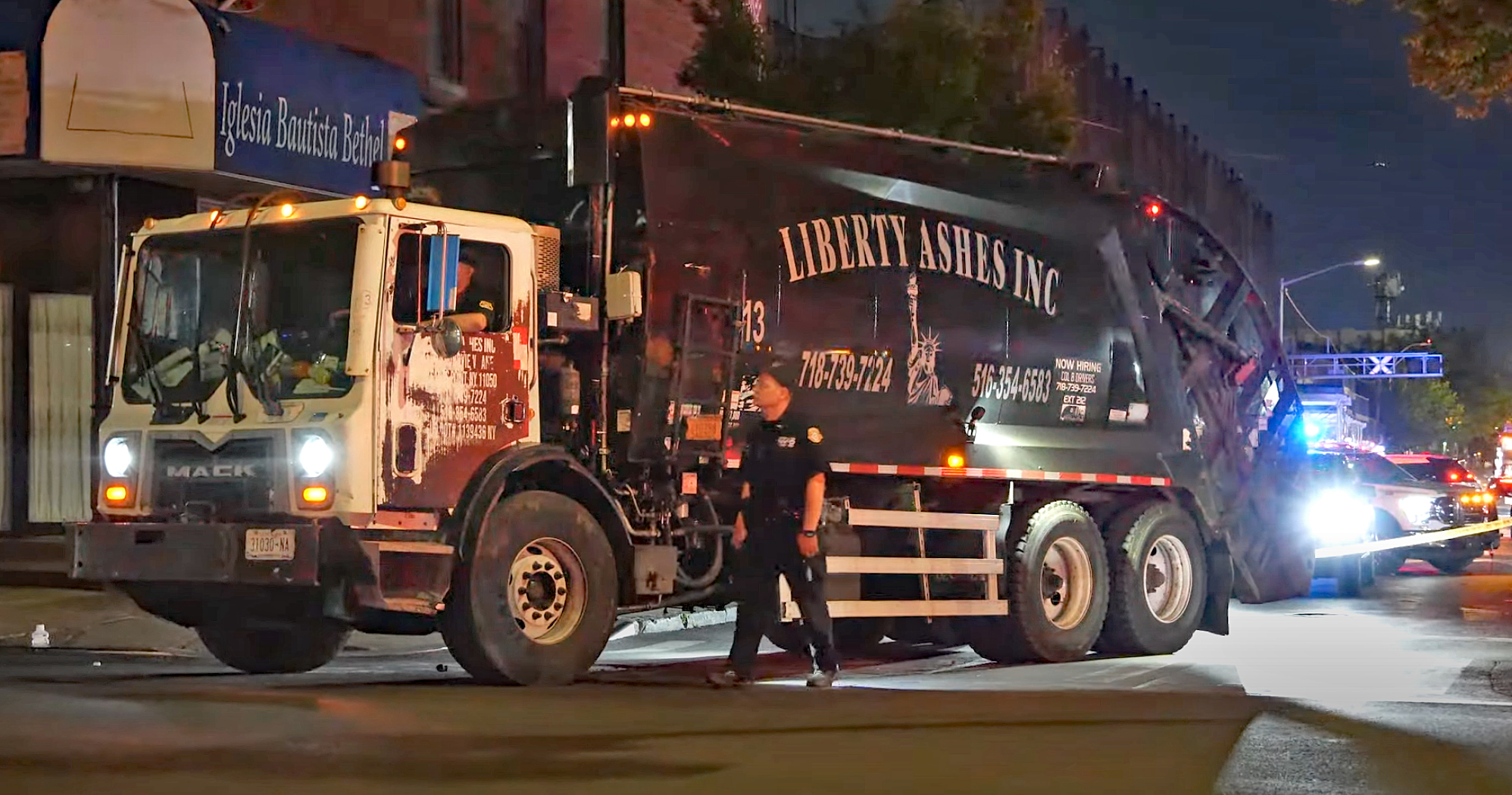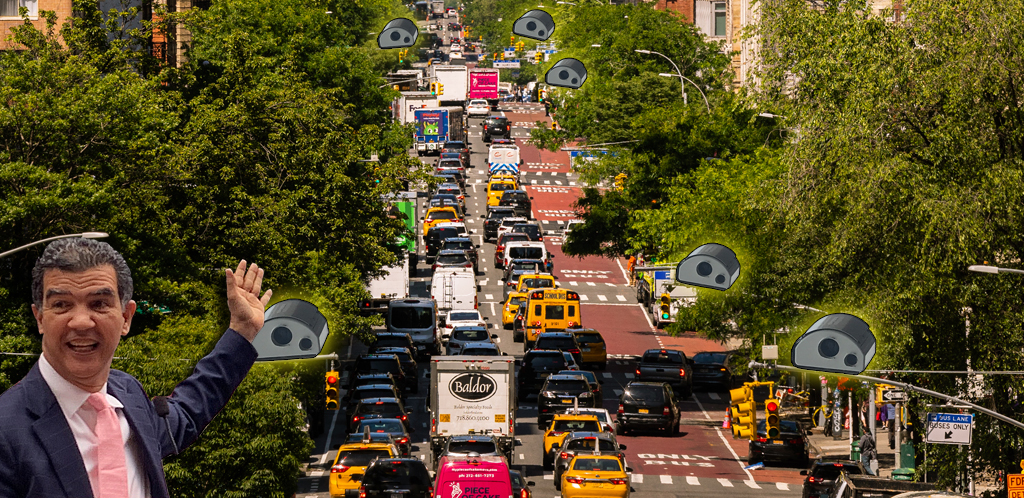What do laws that mandate large yards and prevent walkable development have to do with educational opportunity? Turns out, there's an important connection.
The Brookings Institution recently examined educational inequality across the U.S. by race and income. One of the key findings was that large-lot zoning requirements effectively restrict access to quality education for low-income children, hindering their long-term economic prospects.
Restrictive zoning laws are widespread. Brookings reports that 84 percent of municipalities impose some minimum lot size, the average being 0.4 acres. The authors note that this is larger than the average lot size of a single-family home in America -- 0.26 acres. In other words, in most places it's illegal just to build a home of typical size.
The authors report that these laws "effectively block low-income students and their families from living near or attending" public schools where students perform well on state exams. In areas with large lot laws, it is significantly more expensive to live near good public schools than it is in areas without restrictive zoning, according to the study.
This in turn has a significant effect on educational attainment and economic opportunity. Low-income students who attend top schools score two percent higher than state averages, according to Brookings. Low-income students attending low-performing schools score 18.5 percent below average.
The authors believe their research points to the inadequacy of education reforms like school vouchers or merit pay for teachers:
All of these reform strategies have one thing in common: They try to improve disadvantaged students’ access to high-performing schools through education policy. These reform ideas certainly have merit and should be carefully evaluated and considered, but they do not address one very important mechanism that sorts poor students into the lowest-scoring schools: housing policy. Housing and education policies should work together to promote access to improved school environments for low-income and minority children.
The most ambitious and consequential policy reform along these lines would be to eliminate exclusionary zoning altogether. In an ideal world, the federal government or states would forbid local governments from discriminating based on housing type (e.g. single-family attached or multi-family) or size (lot, floor, or frontage size). They could even agree to compensate jurisdictions for any disproportionate increases in local expenditures that resulted from higher density or lower-income development. Eliminating exclusionary zoning laws could produce large educational and economic benefits for low-income and minority children and families, and the U.S. economy as a whole. Unfortunately, the likelihood of such a reform, however market-oriented it may be, seems low at this time.
Barring such sweeping policy reforms, the authors point to regional or local housing and land use policies that could have an impact on improving educational equality, such as inclusionary zoning (compelling developments to include a certain percentage of low-income units) and focusing dense development near existing job centers and transit lines.





